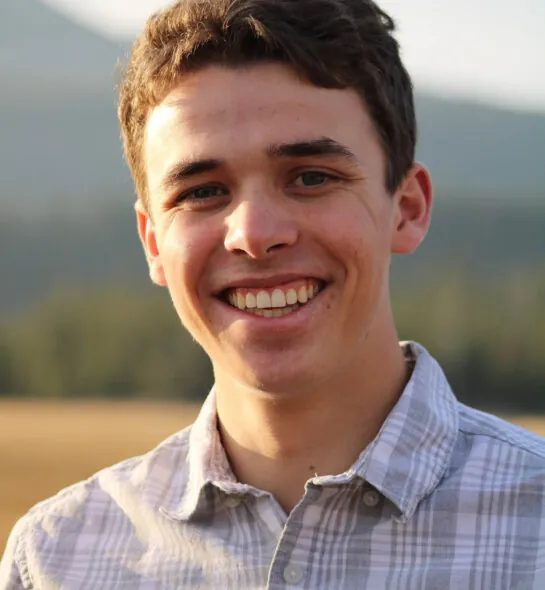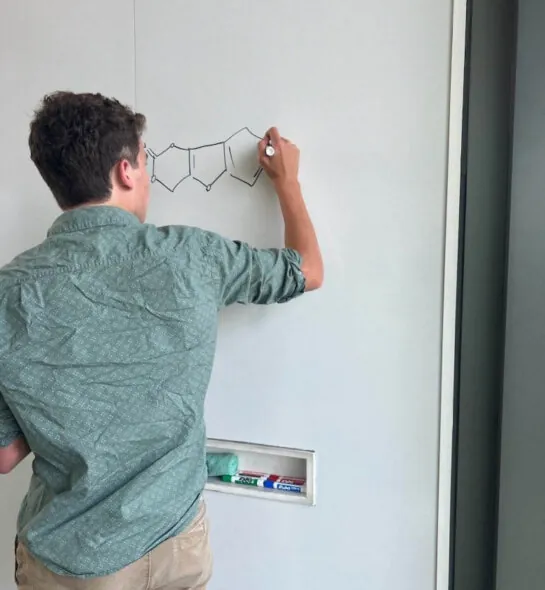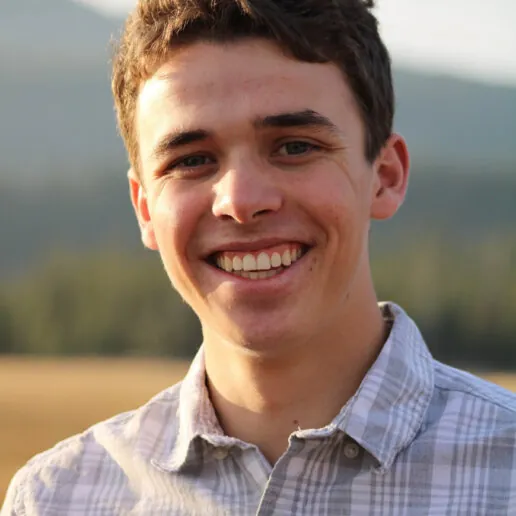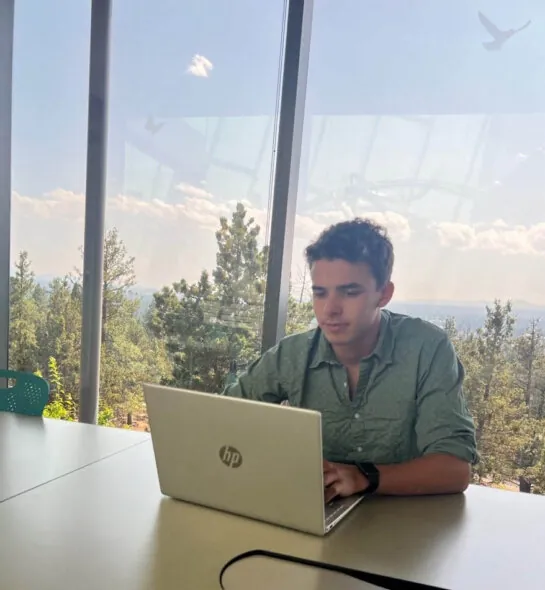Deeper Dive
Many diseases are caused by disruptions in our bodies on the molecular scale, and oral small molecule medicines (i.e. tablets and capsules) can correct these disruptions and lead to improved quality of life. In order to be successful, however, the medicines in these dosage forms must survive the harsh conditions of the stomach and intestine and make it into the cells where they need to be. This is a concept known as oral bioavailability, and is a weak-point for most of the new pharmaceuticals.
Previous research indicated that natural products (small molecules found in or derived from natural sources) tend to have higher bioavailability than synthetic small molecules (molecules designed from scratch by medicinal chemists). Natural products, despite these benefits, are incredibly rare and require immense resources to find and isolate in nature. Although synthetic molecules are slightly less bioavailable, they can be generated and synthesized much more quickly and cheaply. My project examines how we can take the best of both worlds: generate molecules quickly that still retain the advantageous properties of natural products. I call this novel class of molecules pseudo-natural products, or PNPs. Not only did I develop a framework for generating these molecules, I also did so in a way that allowed for knowledge of the disease to be incorporated into the design, ensuring that the molecules I generated would be physiologically relevant to the disease at hand.
One significant challenge in this project was learning how to code. Because the goal of this project is to generate and characterize millions of molecules quickly, I realized that traditional wet-bench methods were not feasible, and started exploring computational chemistry approaches to this research idea. Thankfully, computational chemistry is a rapidly growing field and there are many high-level programs for analyzing molecules. I deepened my knowledge of Python and R programming languages to build up this process for creating PNPs. I also combed the literature for computational chemistry methods to characterize my molecules consistent with industry standards.
The average pharmaceutical takes over $1B and 10 years to bring to the market. Furthermore, only about 10% of drugs that enter clinical trials make it to the market. A large contributing factor to this is a growing trend of poor bioavailability among new chemical entities. Much of the research and development (typically about 1-2 years but in some cases up to 5 years) is dedicated to exploring methods to increase the bioavailability through physical processes prior to clinical trials. This bioavailability enhancement industry is particularly strong in my hometown. I decided that researching the medicinal chemistry of the problem and targeting a solution upstream would mitigate the need for expensive and timely bioavailability enhancement down the line. PNPs have the potential to bring drugs to the market quicker and more cheaply, lowering consumer wait-times and costs. Further, by catalyzing drug approval with PNPs, many orphan diseases—diseases with too few patients for R&D to be economically viable— are now within the realm of financial feasibility for pharmaceutical companies.



